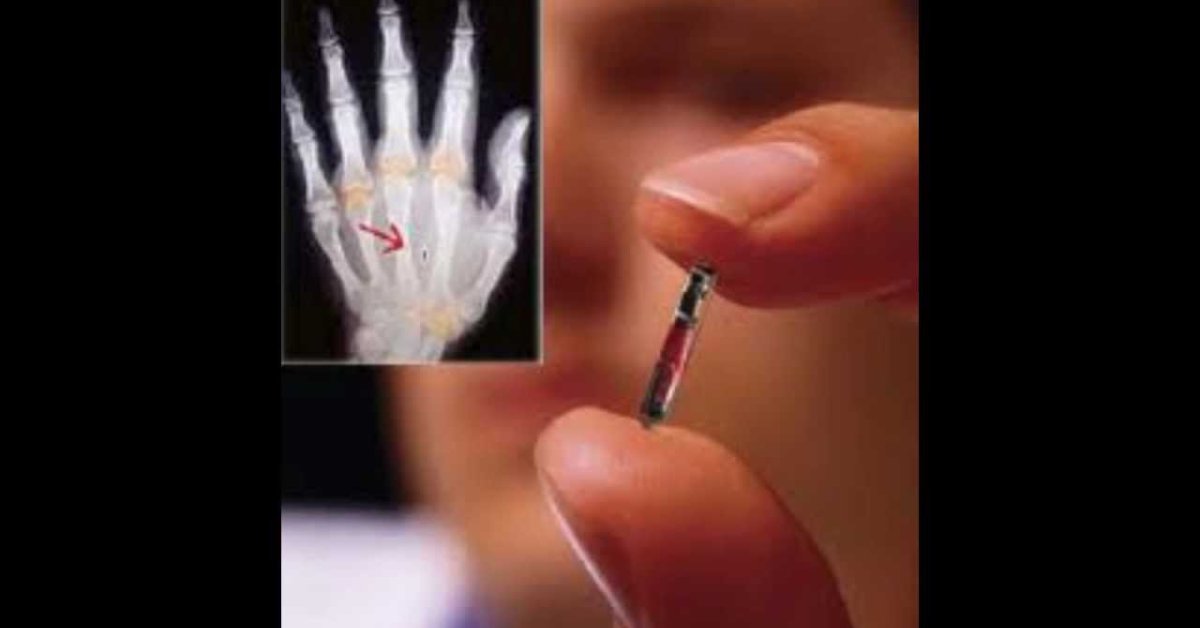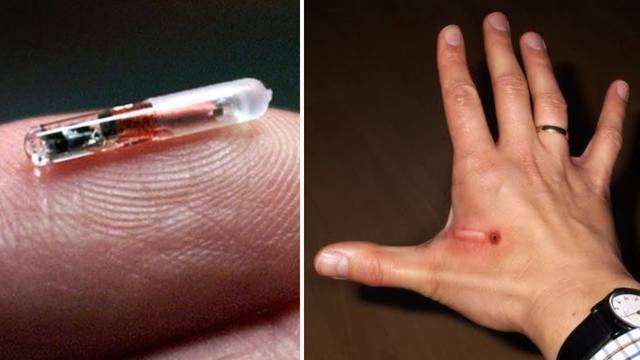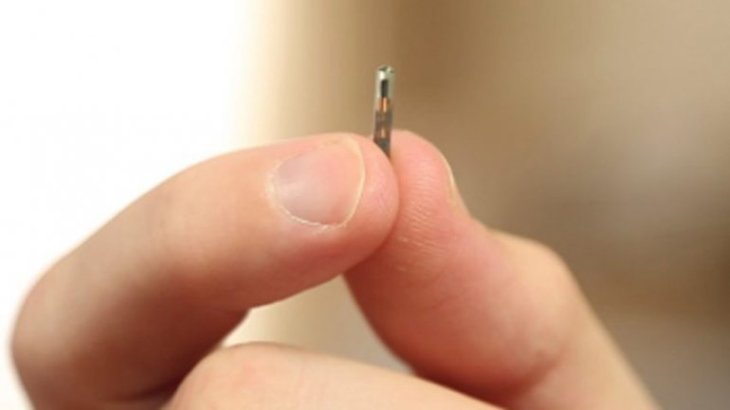UK Firms To Implant Microchips Into Employees, What About Their Privacy?
Parvati Divakar - Dec 01, 2018

British companies are planning to microchip some of their staff in order to set restrictions for the workers.
- This New 'Origami' Microchip Is 100 Times Faster Than Current Ones
- Like A Sci-Fi Movie, A Nail Salon In Dubai Is Offering Microchip Manicure
- New Brain Implant Allows Injured People To Control Two Prosthetic Arms At The Same Time
Sources said that several companies in the UK are making a suggestion to have microchips implanted into their employees. This proposal has encountered the opposition of many people, primarily because of its humanitarian.

The Independent reported that a number of UK financial and legal companies are discussing with a Scandinavian firm, which will take its role to fit thousands of people with microchips.
A UK-based microchip business, BioTeq, also announced that they have already given 150 UK workers implants. Biohax, a microchip firm in Sweden, was also having discussions with some UK firms, one of which involved hundreds of thousands of workers.
Nevertheless, this move has raised questions about the privacy and security of the employees.
General secretary Frances O’Grady, UK Trade Unions Congress said:

CBI, aka the Confederation of British Industry, representative of 140 trade associations and 190,000 companies in the United Kingdom, also said that companies had better pay their attention to more urgent priorities and get their employees further engaged with the business.
On the other hand, Biohax, founder Jowan Österlund, stated that because of sensitive materials, the firms need to have certain access levels to control their employees and they saw that the solution are these microchips.

These microchips are just a tiny as a grain of rice, and it is implanted between forefinger and the thumb, under the employees' skin. Specifically, the devices make use of RFID technology (radio-frequency identification) with which people can replace IDs, physical keys card or even train tickets. In daily lives, the chips can help with minor tasks like unlocking doors, starting cars, and storing medical data.
As strange as it may sound, this is not the first time someone has thought of implanting chips into humans. Back in July 2017, a company specialized on vending machines implanted microchips into 41 volunteer workers.
Featured Stories

ICT News - Feb 19, 2026
Escalating Costs for NVIDIA RTX 50 Series GPUs: RTX 5090 Tops $5,000, RTX 5060 Ti...

ICT News - Feb 18, 2026
Google's Project Toscana: Elevating Pixel Face Unlock to Rival Apple's Face ID

Mobile - Feb 16, 2026
Xiaomi Launches Affordable Tracker to Compete with Apple's AirTag

ICT News - Feb 15, 2026
X Platform Poised to Introduce In-App Crypto and Stock Trading Soon

ICT News - Feb 13, 2026
Elon Musk Pivots: SpaceX Prioritizes Lunar Metropolis Over Martian Colony

ICT News - Feb 10, 2026
Discord's Teen Safety Sham: Why This Data Leak Magnet Isn't Worth Your Trust...

ICT News - Feb 09, 2026
PS6 Rumors: Game-Changing Specs Poised to Transform Console Play

ICT News - Feb 08, 2026
Is Elon Musk on the Path to Becoming the World's First Trillionaire?

ICT News - Feb 07, 2026
NVIDIA's Gaming GPU Drought: No New Releases in 2026 as AI Takes Priority

ICT News - Feb 06, 2026
Elon Musk Clarifies: No Starlink Phone in Development at SpaceX
Read more

Mobile- Feb 17, 2026
Anticipating the Samsung Galaxy S26 and S26+: Key Rumors and Specs
The Samsung Galaxy S26 series is on the horizon, sparking excitement among tech enthusiasts.

ICT News- Feb 19, 2026
Escalating Costs for NVIDIA RTX 50 Series GPUs: RTX 5090 Tops $5,000, RTX 5060 Ti Closes in on RTX 5070 Pricing
As the RTX 50 series continues to push boundaries in gaming and AI, these price trends raise questions about accessibility for average gamers.

ICT News- Feb 18, 2026
Google's Project Toscana: Elevating Pixel Face Unlock to Rival Apple's Face ID
As the smartphone landscape evolves, Google's push toward superior face unlock technology underscores its ambition to close the gap with Apple in user security and convenience.
Comments
Sort by Newest | Popular